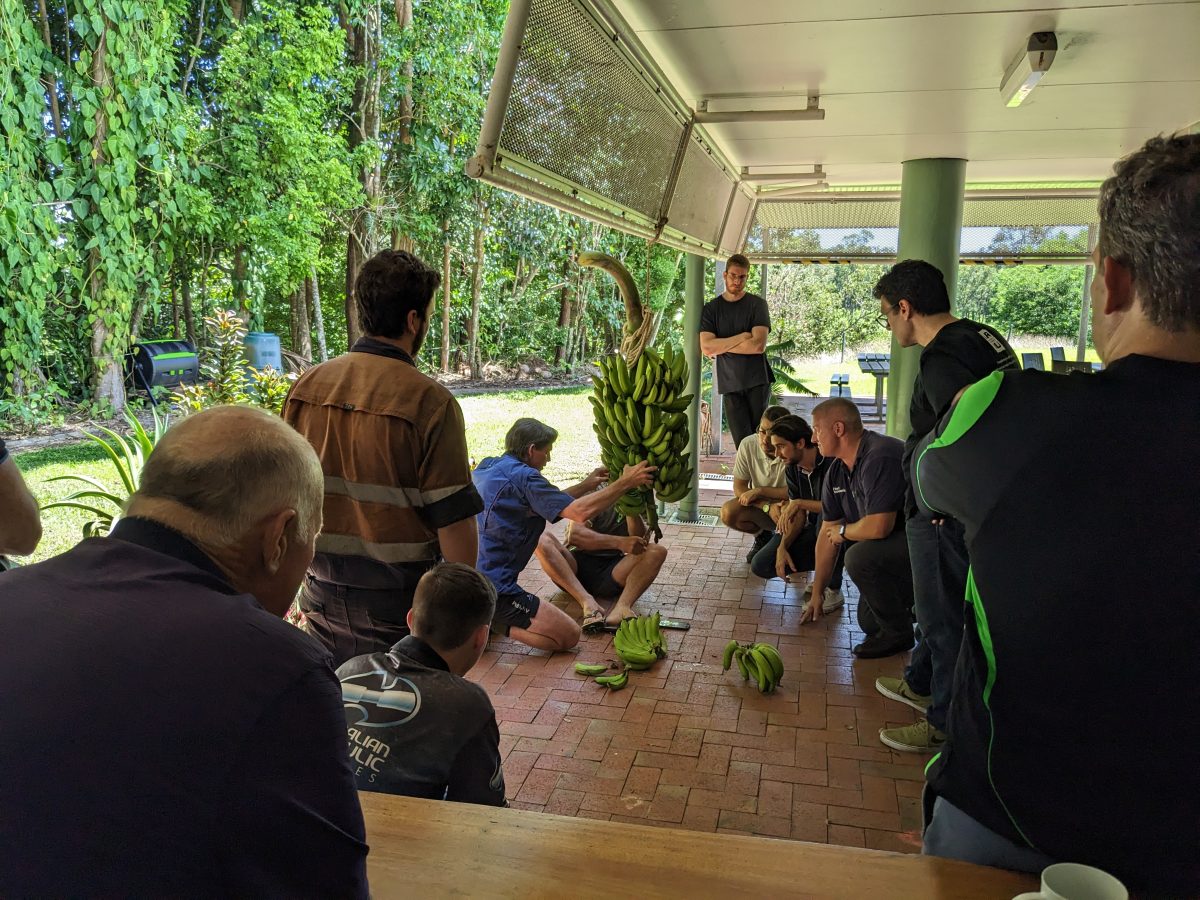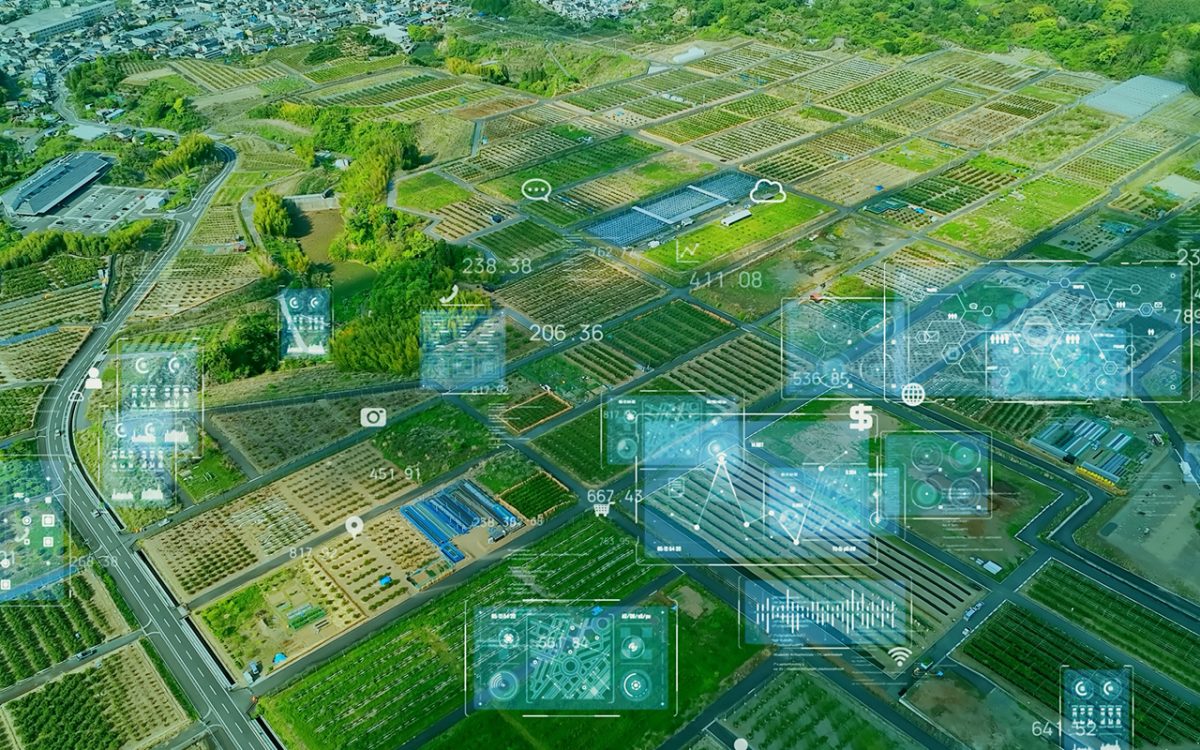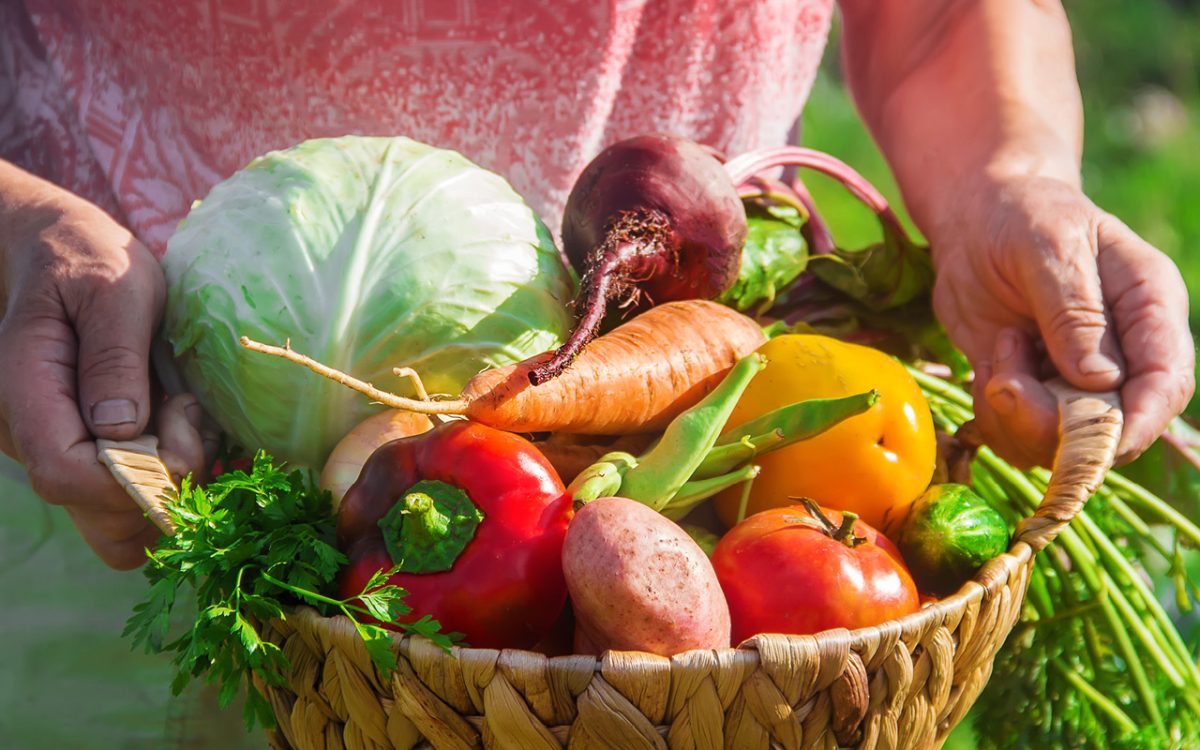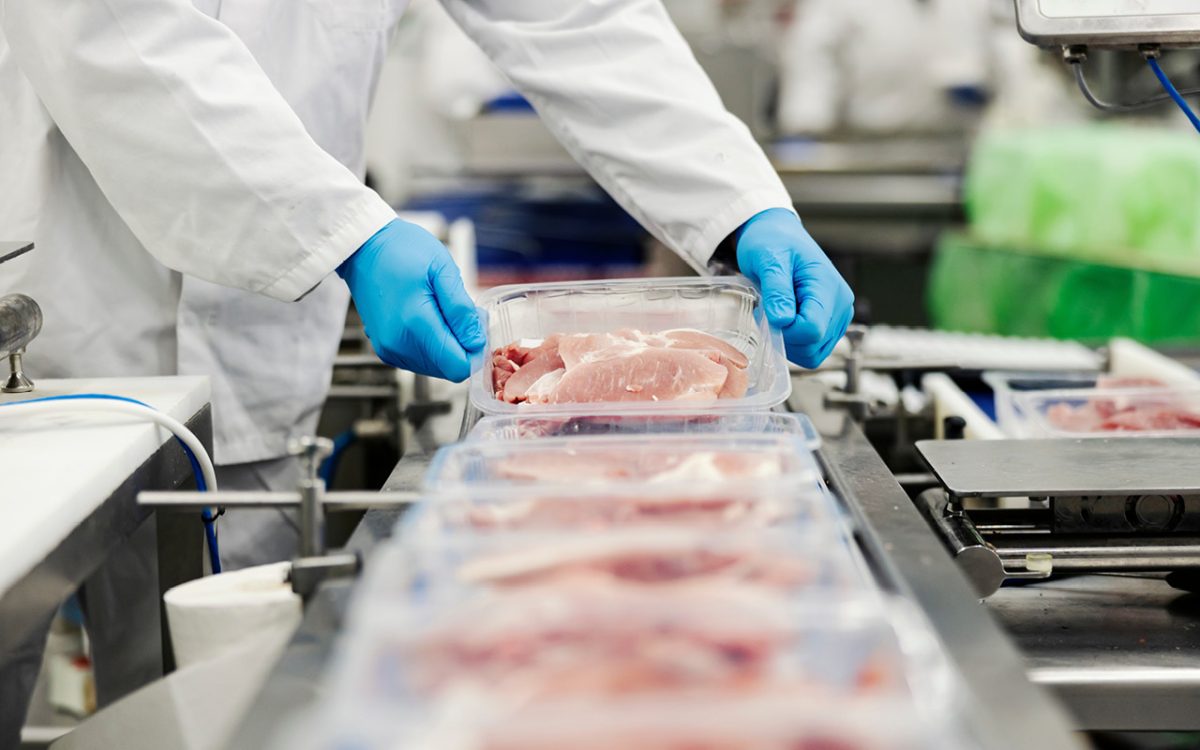Research Projects
P1-045
In ProgressEnhancing resilience and efficiency in Australia’s supply chains through optimisation and smart logistics
This project focuses on enhancing the food distribution system within the Western Sydney Agribusiness Precinct by leveraging infrastructure investments, digital technologies, and sustainability-focused policies. Through the analysis of best practices and the development of data-driven forecasting models, the research addresses knowledge gaps in logistics planning and transport optimisation. The study incorporates advanced tools for AI-driven logistics and climate-smart agricultural practices, with the goal of reducing bottlenecks and improving supply chain responsiveness.
P1-045
Taking a solutions-oriented approach, the project aims to reimagine how food relief systems could be better designed to tackle the full range of challenges that contribute to food insecurity. It will explore what a rights-based model of food relief governance might look like in the Australian context. This includes assessing policies, institutional arrangements, and delivery mechanisms to determine whether they promote dignity, sufficiency, and sustainability in food access.
P1-044
Smart, sustainable, resilient food systems require smart, sustainable, resilient transport systems at the location, regional, national and international scale. The development of short-term and long-term transport, land use and infrastructure plans to support such systems is contingent upon effective freight scenario planning, which encompasses potential drivers of change in the freight task and future trends in supply chains, including technology, demographics, climate change energy sources and emissions, and unplanned events. However, collecting accurate freight data poses significant challenges and is often expensive. Existing freight models lack the necessary flexibility to incorporate and reflect dynamic changes due to the nature of one-time data collection. Consequently, these limitations hinder a comprehensive assessment of the impacts of infrastructure and land use plans.
P1-041
This research investigates roles of policy, planning and governance at different scales on producer decisions to integrate sustainable plant-based protein farming into their practices, and how these decisions are influenced by and interact with climate-driven shocks. With legumes as a cornerstone of PBP farming, this work is expected to improve empirical and theoretical knowledge informing how and where sustainable PBP practices will have positive outcomes for people and the environment.
P1-040
The future of the Australian food landscape requires research that involves a range of disciplines, including agriculture, marketing, supply chain logistics, sustainability, the circular economy, science, and technology. Urban and regional planning are also significant as they have a role to play in terms of facilitating of appropriate environments, both physical and social, to allow future food systems to thrive.
P1-039
The study’s findings have laid a strong foundation for reshaping the region’s agrifood supply chain. The proposed logistics network and central hub would improve cold chain reliability, reduce operational costs, and increase regional market access for small producers. By supporting collaboration and resource sharing, these initiatives aim to make the sector more efficient, competitive, and responsive to changing market demands and external shocks like natural disasters or global supply disruptions.
P1-038
By tracking online food personal preferences and drafting a hierarchy of drivers for purchasing produce (affordability, access, source), NSW farmers can gain invaluable insights into consumer behaviour, allowing them to align their production and marketing strategies accordingly. This approach goes beyond mere guesswork and assumptions, enabling farmers to make data-driven decisions and stay ahead of evolving consumer trends. Furthermore, this allows the application of previously established research to be micro-targeted.
P1-035
The project generated valuable, data-driven insights that support more targeted infrastructure planning and policy development. By visualising localised freight demands and mapping accessibility against existing heavy vehicle network routes, the project revealed where critical gaps exist in the current system. This understanding will empower local and state authorities to make informed decisions about upgrading roads, improving access, and addressing key connectivity challenges. Ultimately, it will help streamline agricultural freight movements and bolster the efficiency of supply chains across the Namoi region.
P1-036
The establishment of CALL has significantly enhanced stakeholder collaboration and has unlocked new opportunities for innovation in Coffs Harbour’s agrifood sector. By creating a central space for research, experimentation, and collective problem-solving, CALL has enabled more agile and inclusive development of solutions tailored to local needs. In the long term, this initiative will help position Coffs Harbour as a leading regional model for sustainable agrifood innovation and economic growth.
P1-019
This project seeks to develop a novel manufacturing process for transparent food packaging that replaces petrochemical inputs with sustainable alternatives derived from CO₂ containing waste streams. Specifically, CO₂ generated through the gasification of agri-food waste or waste plastics will be combined with water and sunlight to produce monomers, the foundational units of polymers. These sustainable monomers will then be used to formulate plastics suitable for thermoforming into transparent packaging materials. The process not only reduces reliance on fossil resources but also creates value from carbon emissions and waste.














